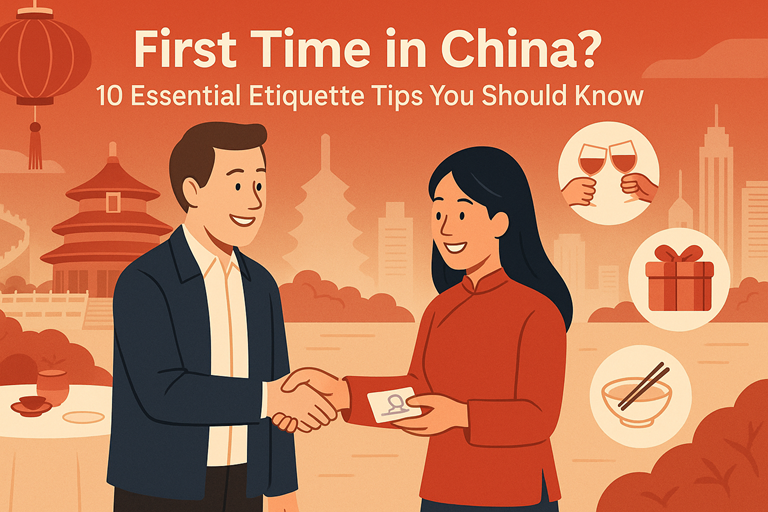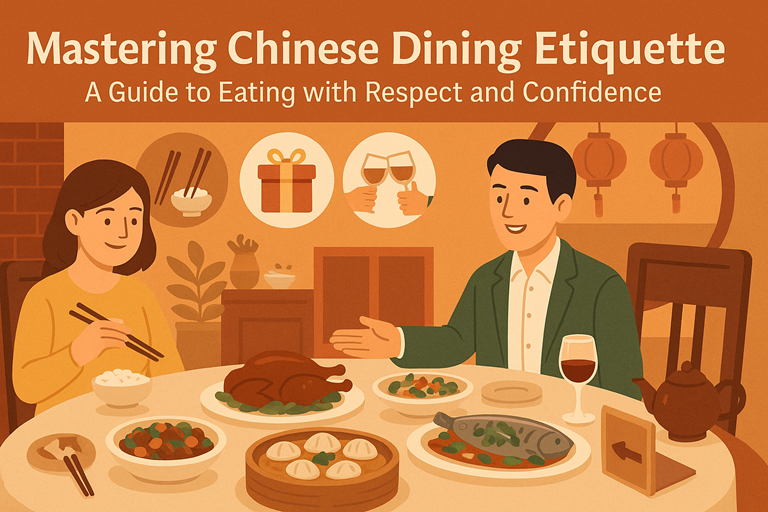First Time in China? Common Scams & How to Protect Yourself
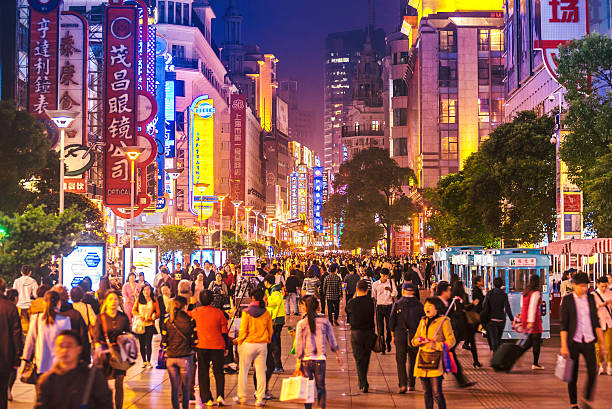
China is a vast, fascinating, and generally very safe country for tourists. Violent crime against foreigners is rare. However, like any popular tourist destination worldwide, petty crimes and scams targeting unsuspecting visitors do exist, particularly in major cities and tourist hotspots. Being aware of these common ploys is your best defense. This guide aims to equip you with the knowledge to recognize and avoid these situations, ensuring your trip to China is memorable for all the right reasons.
I. General Principles for Scam Prevention in China
Before diving into specific scams, here are some overarching principles to keep in mind:
- “Too Good to Be True” Usually Is: If an offer, price, or situation seems unbelievably good, it probably has a catch.
- Beware of Overly Friendly Strangers: While many Chinese people are genuinely friendly and helpful, be cautious if someone approaches you out of the blue with an elaborate story or an immediate invitation, especially if they speak unusually fluent English and seem overly eager to befriend you.
- Do Your Research: Have a general idea of common prices for things like short taxi rides, a cup of tea, or small souvenirs.
- Trust Your Gut: If a situation feels uncomfortable or suspicious, it’s okay to politely disengage and walk away.
- Don’t Flash Valuables: Avoid displaying large amounts of cash, expensive jewelry, or high-end electronics unnecessarily.
- Use Official Channels: Stick to registered taxis, reputable shops, and official ticket booths.
- Learn Basic Phrases: Knowing a few words like “Bú yào” (不要 – No, thank you / I don’t want it) or “Tài guì le” (太贵了 – Too expensive) can be helpful.
- Keep Emergency Information Handy: Save the local police number (110), your hotel’s address (in Chinese), and your embassy/consulate details.
- Mobile Payments are King (but have backup): While Alipay and WeChat Pay are ubiquitous and reduce cash handling (and thus counterfeit risks), ensure you have some cash for situations where mobile payment isn’t an option or if your app isn’t working.

II. Common Scams Targeting Tourists in China
Here are some of the most frequently reported scams:
The Tea House / Art Student Scam (Most Notorious)
How it Works:
You’ll be approached, often in popular tourist areas like Beijing’s Tiananmen Square/Forbidden City, Shanghai’s Bund, or Xi’an’s Bell Tower, by seemingly friendly individuals (often young women or “art students”). They’ll strike up a conversation, compliment you, and after building some rapport, invite you to a “traditional tea ceremony,” to see their “art exhibition,” or to practice English at a “special” café. Once there, you’ll be presented with an outrageously inflated bill for mediocre tea or low-quality art, sometimes amounting to hundreds of US dollars. Intimidation tactics might be used if you refuse to pay.
Red Flags:
- Unsolicited approaches by overly friendly individuals speaking good English.
- Immediate invitations to a private or specific establishment.
- Reluctance to go to a place of your choosing.
- Vague descriptions of the place or event.
- Pressure to accompany them.
How to Avoid:
- Politely decline any unsolicited invitations from strangers to go to a tea house, café, or art gallery they suggest.
- If you genuinely want to experience a tea ceremony, research reputable tea houses beforehand or ask your hotel for recommendations.
- Never feel obligated to accompany someone you’ve just met. A firm but polite “No, thank you” (Bú yào, xièxie – 不要,谢谢) usually suffices.
- If you find yourself in such a situation and are presented with an exorbitant bill, try to remain calm. Don’t get aggressive. Offer to pay a reasonable amount (what you think the items are actually worth) or, if you feel unsafe, say you need to go to an ATM and leave (though they may try to prevent this). In extreme cases, discreetly try to contact the police (110) or draw attention from passersby.

Taxi Scams
Common Tactics:
- Overcharging/Refusing to Use the Meter: The driver might claim the meter (计价器 – Jìjiàqì) is broken or quote a high flat fee, especially from airports, train stations, or late at night.
- Scenic Route: Taking a much longer route than necessary to inflate the metered fare.
- Fake Taxis (“Black Cabs” – 黑车 Hēichē): Unlicensed taxis that often overcharge significantly or can be unsafe. They might look like regular taxis but lack official markings or have suspicious-looking meters.
- Tampered Meters: Meters that run unusually fast.
- Short-Changing: Giving incorrect change for cash payments.
How to Avoid:
- Always use official, licensed taxis. Look for a clear taxi sign on top, a visible meter, and the driver’s license displayed.
- Join official taxi queues at airports and train stations. Avoid touts offering rides.
- Insist the driver uses the meter before starting the journey: “Dǎbiǎo, hǎo ma?” (打表,好吗? – Use the meter, okay?). If they refuse, get out and find another taxi.
- Have your destination written down in Chinese characters. Show it to the driver.
- Use ride-hailing apps like DiDi (you’ll need a Chinese payment method or an international credit card linked, and a local SIM can help). These apps show the route and estimated fare upfront.
- Pay attention to the route on a map app on your phone if you have data.
- Try to pay with smaller bills to avoid issues with large notes and change. Better yet, use Alipay or WeChat Pay if the taxi supports it (many do).
- Note the taxi’s license plate number if you feel something is amiss.
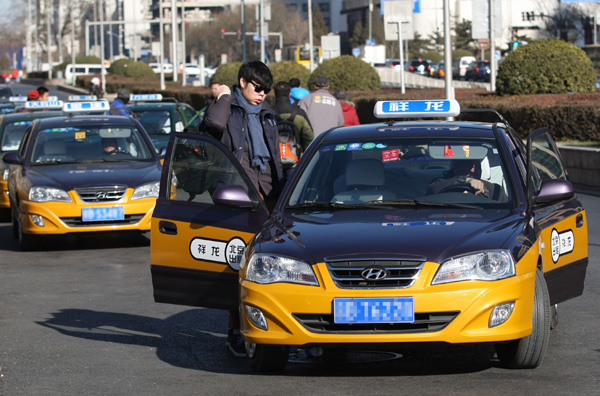
Counterfeit Money Scam
How it Works:
You pay with a large genuine banknote (e.g., ¥100), and the vendor or taxi driver might quickly swap it for a fake one, then claim your original note was counterfeit and refuse to accept it, or they give you fake notes as change. This is less common now with the prevalence of mobile payments but can still occur.
Red Flags:
- The vendor scrutinizes your bill excessively or acts suspiciously when handling it.
- A quick, sleight-of-hand movement when taking your money.
How to Avoid:
- Familiarize yourself with the look and feel of genuine Chinese Yuan (RMB). Look for watermarks, security threads, and texture.
- Whenever possible, use mobile payments (Alipay/WeChat Pay). This is the most common payment method in China and virtually eliminates this risk.
- If paying with cash, try to use smaller denominations, especially with street vendors or taxis.
- Get cash from official bank ATMs, not from individuals or dubious exchange counters.
- Carefully check your change, especially larger notes. Don’t be afraid to reject a note if it looks suspicious.
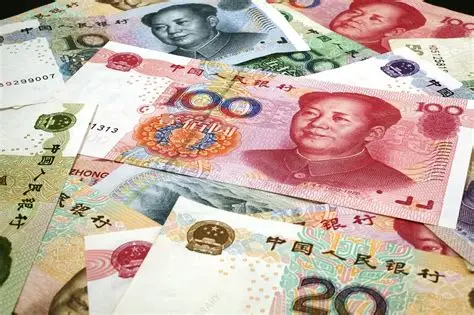
Fake Monks or Nuns Scam
How it Works:
Individuals dressed as monks or nuns (often not very convincingly) approach tourists, offering trinkets, blessings, or asking for donations for a “temple.” They can be quite persistent or try to guilt-trip you. The items are worthless, and the money doesn’t go to any religious institution.
Red Flags:
- Monks/nuns soliciting donations or selling items aggressively on the street, far from any actual temple.
- Pristine robes that look like costumes.
- Demanding specific, often high, amounts of money.
How to Avoid:
- Real monks and nuns in China rarely solicit donations on the street in this manner.
- Politely ignore them or say “Bú yào” and walk away. Do not engage in conversation.
- If you wish to donate, do so directly at a legitimate temple through official donation boxes.
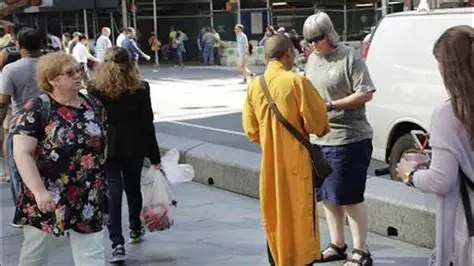
Shopping Scams (Overpriced Goods, Fake Products, Commission Guides)
Common Tactics:
- Overpriced Goods: Especially in tourist markets, initial prices quoted can be wildly inflated.
- Fake Products: Selling counterfeit designer goods, electronics, or “antiques” as genuine.
- Commission Guides: Unsolicited “friendly” guides who offer to show you around and then lead you to specific shops where they get a hefty commission, meaning you pay inflated prices.
- Bait and Switch: Advertising a high-quality item at a good price, then switching it for an inferior one during packaging.
How to Avoid:
- Bargain respectfully but firmly in markets. A general rule of thumb is to start by offering 25-50% of the initial asking price and negotiate from there. Be prepared to walk away – this is often when you’ll get the best offer.
- Be highly skeptical of “too good to be true” deals on high-value items.
- If buying electronics or valuable items, stick to official brand stores or reputable department stores.
- Politely decline offers from unsolicited guides. If you want a guide, hire one through your hotel or a reputable tour agency.
- Carefully inspect goods before paying and ensure you receive the exact item you examined.
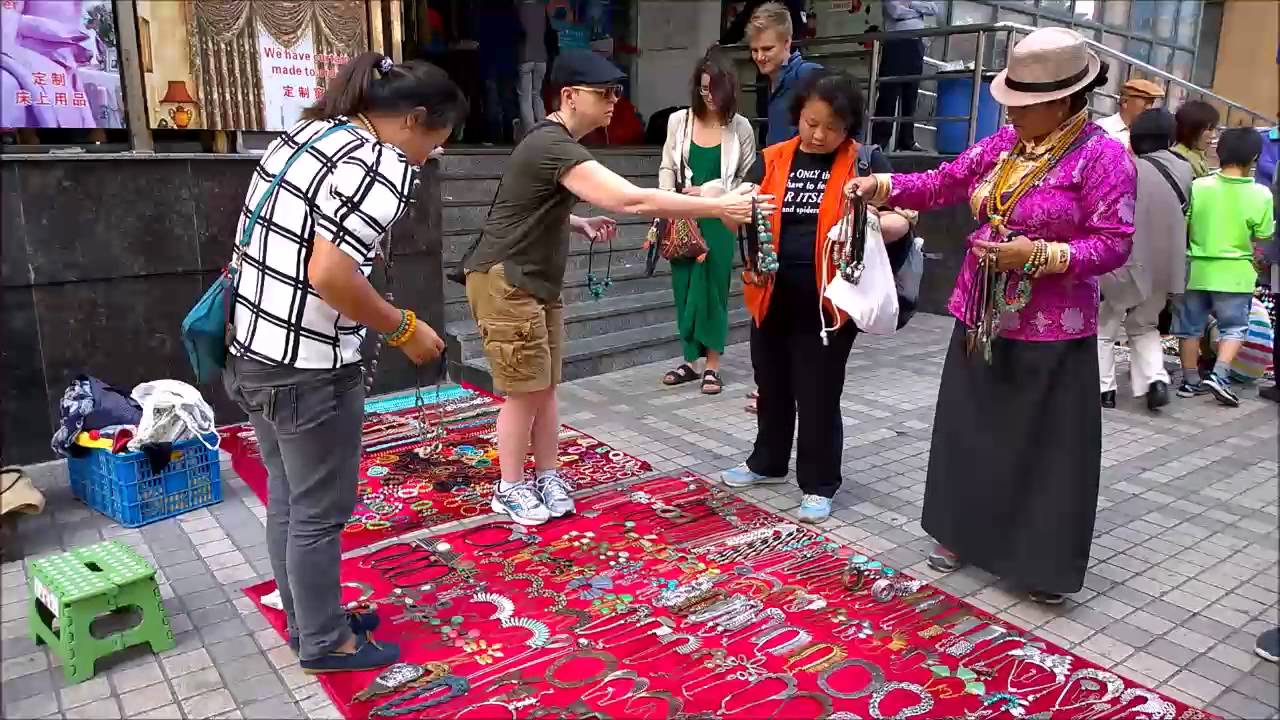
Bar / KTV (Karaoke) Scams
How it Works:
Similar to the tea house scam. You might be approached by friendly locals (often attractive women) who invite you to a bar or KTV for drinks and fun. You’ll end up with an astronomical bill, and burly “security” guards may appear if you dispute it.
Red Flags:
- Unsolicited invitations from strangers to go drinking, especially to a place they insist on.
- No menus shown, or menus without clear prices.
- The establishment seems unusually empty or caters exclusively to foreigners accompanied by “hosts/hostesses.”
How to Avoid:
- Decline such invitations from strangers.
- If you go to a bar or KTV, choose well-known, reputable establishments.
- Always ask to see a menu with prices before ordering anything. Clarify any ambiguous charges.
- If with a group, keep track of what’s being ordered.
- Pay for drinks as you order them if possible, rather than running a tab in an unfamiliar place.

Massage Parlor Scams
How it Works:
Touts on the street may offer cheap massages. Once inside, the initial low price might only cover a very basic service, and you’ll be pressured into much more expensive “upgrades” or “special treatments.” In some cases, these can be fronts for illicit services, and you could be charged exorbitant amounts or even threatened.
Red Flags:
- Aggressive touts on the street.
- Vague pricing or overly suggestive advertising.
- Establishments that look seedy or unprofessional.
How to Avoid:
- Seek massages at reputable spas, often found in hotels or well-reviewed standalone establishments. Ask your hotel for recommendations.
- Clearly confirm the service you want and the total price before the massage begins.
- Be wary of any attempts to upsell you aggressively during or after the service.
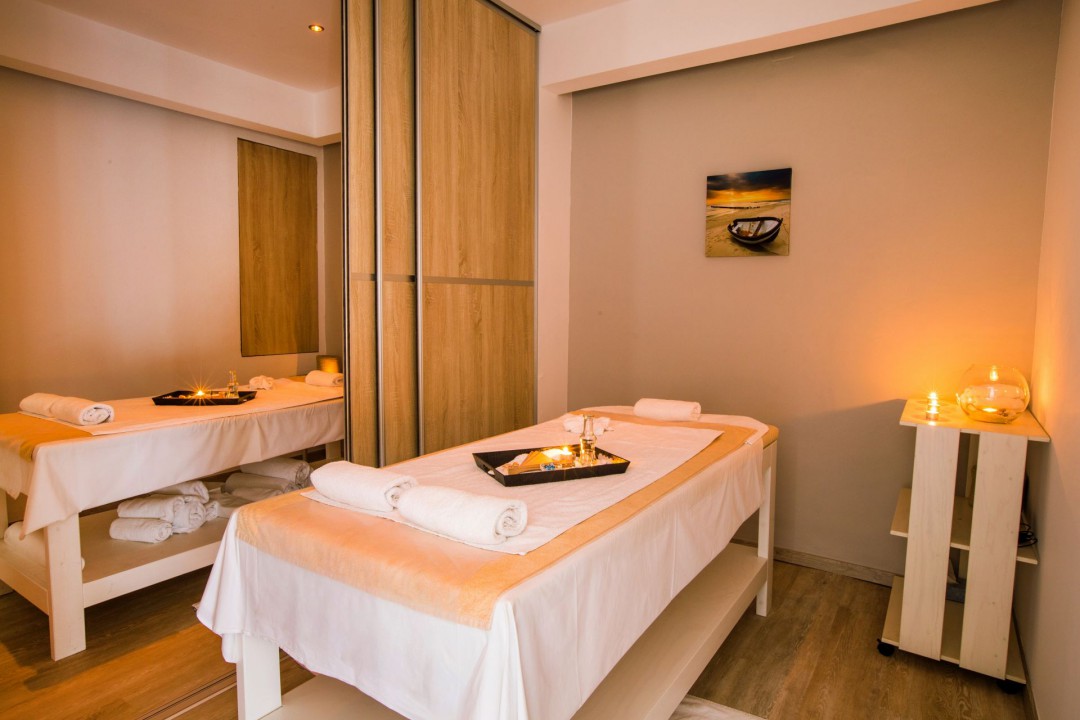
Pickpocketing and Bag Snatching
How it Works:
Common in crowded tourist attractions, markets, public transport, or busy streets. Distraction techniques are often used – someone may bump into you while an accomplice picks your pocket.
Red Flags:
- Overly crowded areas.
- Someone bumping into you unnecessarily.
- Groups of people creating a commotion as a distraction.
How to Avoid:
- Be aware of your surroundings, especially in crowds.
- Keep valuables in front pockets or a money belt under your clothes.
- Use bags that can be zipped up and carried securely in front of you.
- Don’t leave your phone or wallet on café tables.
- Be cautious on crowded buses or subways.
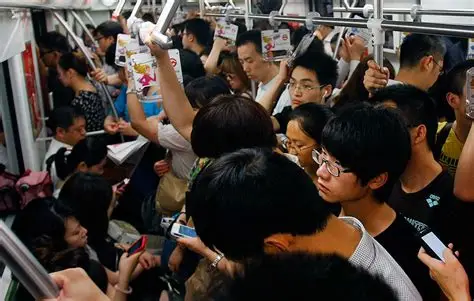
III. What to Do If You Think You’re Being Scammed or Have Been Scammed
- Prioritize Your Safety: If you feel threatened or unsafe, do not escalate the situation by becoming aggressive. Your safety is more important than money.
- Disengage and Leave: If you realize you’re in a scam setup (like a tea house before the bill arrives), make an excuse and leave immediately.
- Don’t Hand Over Your Passport: Only official personnel like police or hotel check-in staff should ask for your passport.
- Negotiate (Cautiously): If presented with an inflated bill, try to negotiate it down to a more reasonable amount. Stay calm but firm.
- Seek Help / Draw Attention: If you’re being pressured in a public place, raising your voice (not aggressively, but to draw attention) might deter scammers. Say “Jǐngchá!” (警察! – Police!).
- Report to the Police: The emergency number for police in China is 110. While the chances of recovering lost money can be slim, reporting the incident is important, especially if large sums or documents are involved. Try to get a police report if needed for insurance. Language can be a barrier, so ask your hotel to help or use a translation app.
- Inform Your Hotel: They may be able to offer advice or assistance, especially with contacting authorities.
- Contact Your Embassy/Consulate: For serious incidents, or if you’ve lost your passport, contact your country’s embassy or consulate.
- Cancel Cards: If your credit/debit cards are stolen or compromised, cancel them immediately.
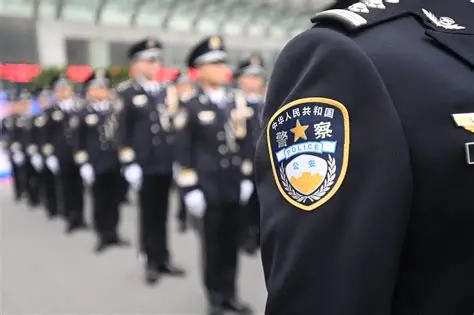
IV. A Final Word of Reassurance
The key is to be aware, not paranoid. By exercising common sense, staying vigilant in touristy areas, and recognizing the red flags of these common scams, you can significantly reduce your risk and enjoy a fantastic and trouble-free journey through China.
Enjoy your trip!
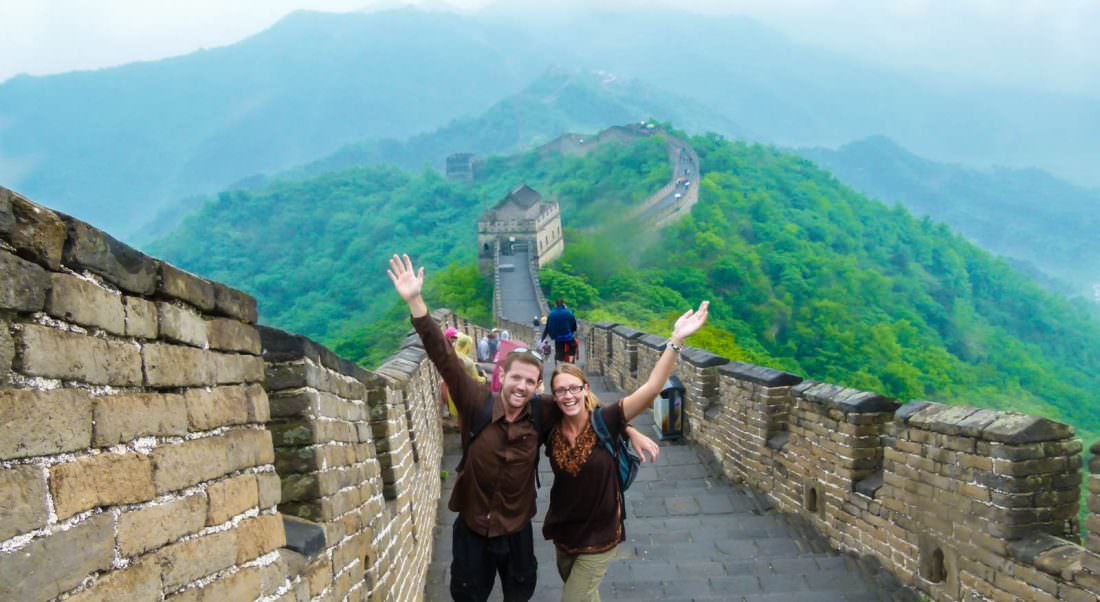
Enjoyed this article? Consider buying me a coffee to support more content like this!
💖 0 people have clicked to support this article.

